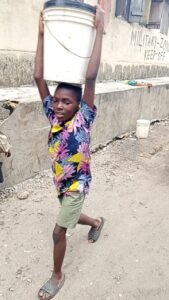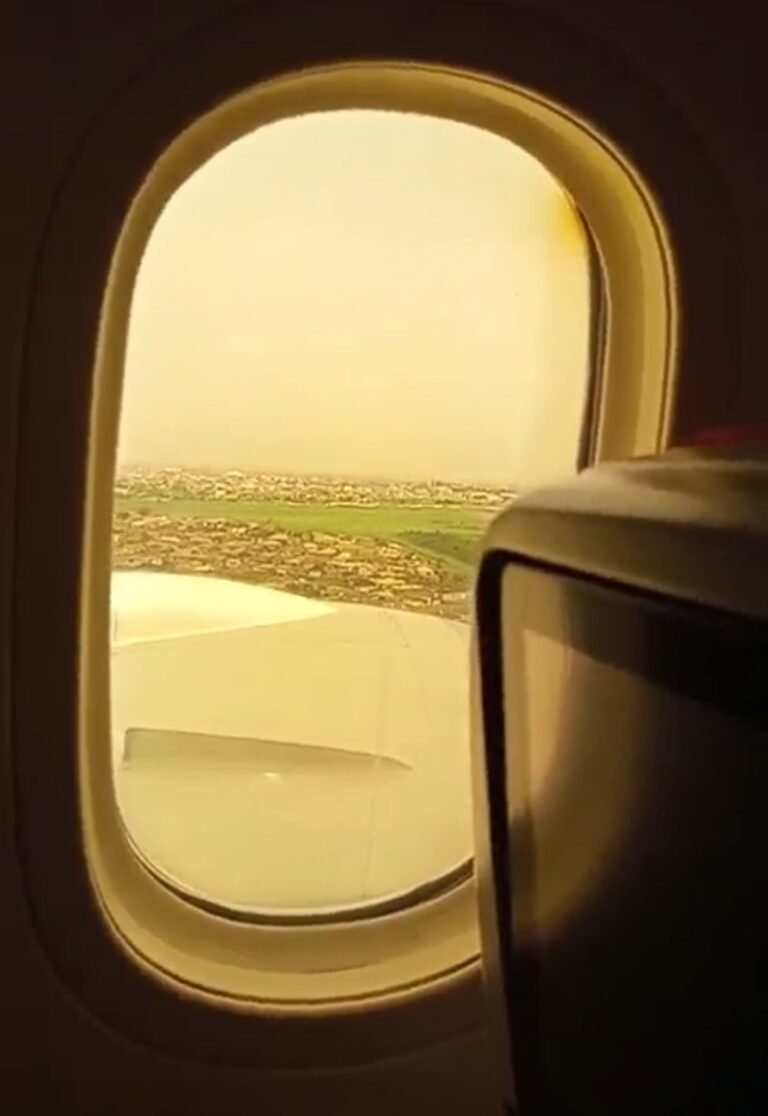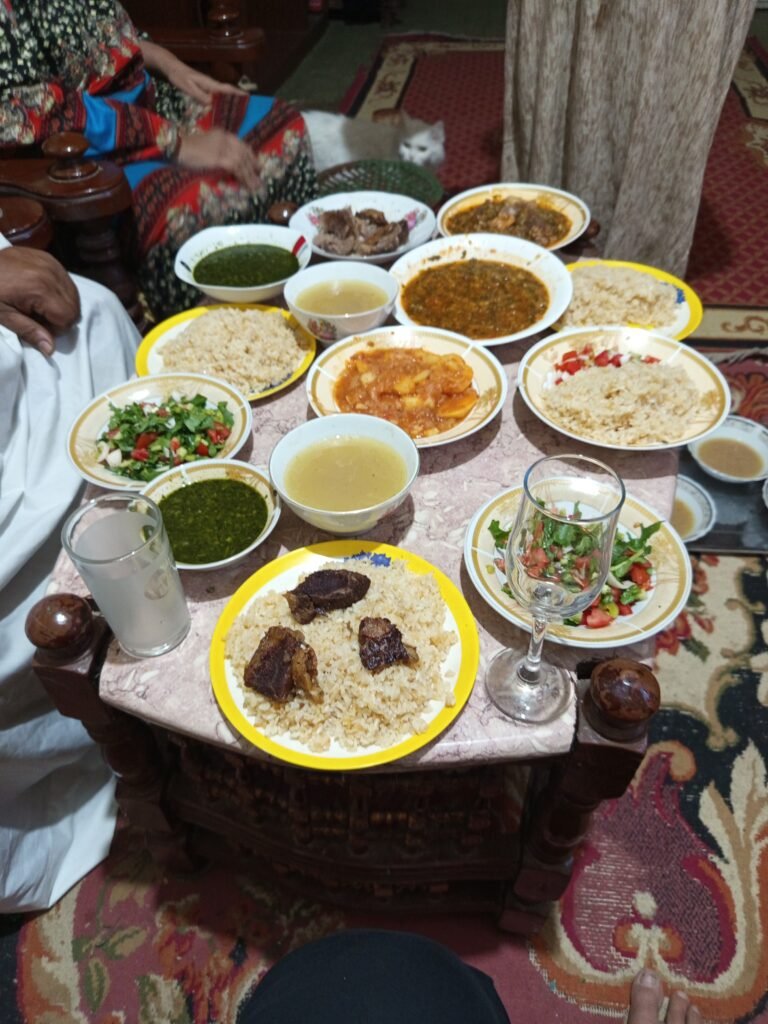Between Hope and Decay – A Glimpse into the Ghetto of Ajegunle, Lagos
Ajegunle. A name that already carries a rough edge in its sound. A district in Lagos that, for many, is nothing more than a dark spot on the map – but for others, it’s home. Today, I was given a glimpse into a world that remains hidden to most. A world where poverty, improvisation, and the art of survival blend together.
We visited a dilapidated house. At first glance, it just looked old – but the truth is far more dramatic: the building is sinking. Bit by bit, year by year. The ground underneath is soft, soaked by rain, crisscrossed with water veins that have nowhere to go. Because: there is no functioning drainage system. Nigeria’s rainy season lasts for several months and turns the ghetto into a flooded maze. And the residents? They stay. Because they have no other choice.
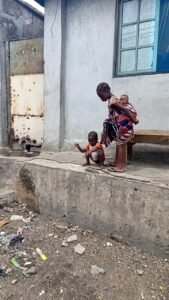
👋 Thanks for being here!
This blog shows what others often leave out – honest, raw, from a different angle. If you value these unusual perspectives, your support helps me keep writing. Whether it’s once or regularly – every small gesture means a lot.
🫶 Thank you for helping voices like mine be heard.
Still, they try to preserve the house. With wooden boards, cement, whatever they can find. But these repairs are a bottomless pit. As long as the ground continues to give way, it remains a fight against nature and oblivion.
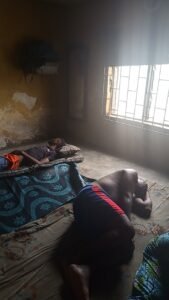
As we walked through the narrow alleyways, we met people – real faces behind the term Ghetto Lagos. One young man even allowed me to film his freshly rolled joint. Then we encountered them: the notorious Area Boys. At first, we kept walking, until my companion whispered to me who they were. That sparked my curiosity. So we went back – cautiously, with my phone slightly hidden, and a mix of tension and respect.
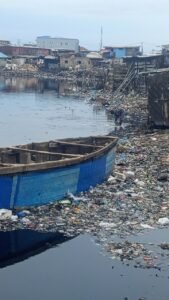
The conversation with the Area Boys was a balancing act. They were skeptical, we barely had any money with us – yet we managed to have an honest exchange. They showed me what they use: weed, pills, a suspicious milk bottle filled with substances. A kind of street pharmacy – disturbing and fascinating at the same time. And somewhere between intoxication and reality, I realized: for many here, drugs are the only way to endure daily life.
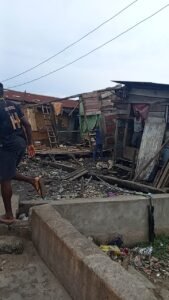
But what shocked me even more was the water. The rain. The damp walls, the moldy corners, the muddy floors. Sinking houses in Ajegunle are not isolated incidents – they are a symptom of deep social and infrastructural neglect.

Ajegunle needs more than words. It needs solutions. It needs an NGO willing to truly make a difference here. Not just short-term aid, but long-term projects: proper drainage, safe housing, clean water. That would be a beginning – for lives that deserve more than the constant fight against sinking and despair.
